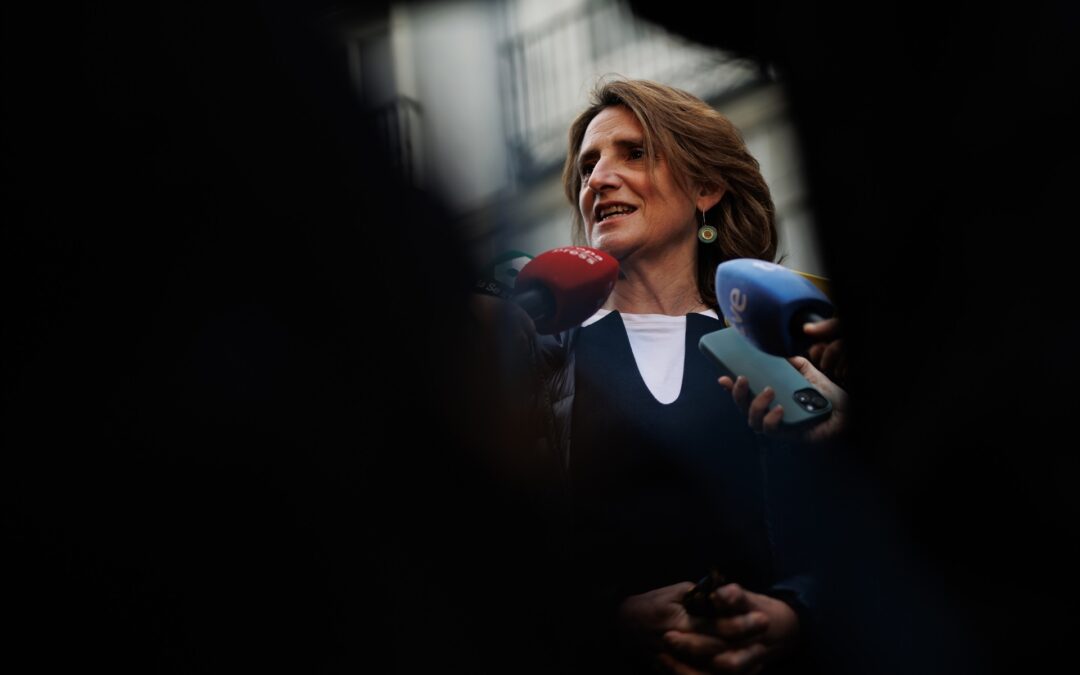Madrid – The third vice-president of Spain and head of the PSOE list for the European elections, Teresa Ribera, rejected collaborating with the far right at the European level and told the president of the European Commission and candidate of the European People’s Party to revalidate her position, Ursula Von der Leyen, that “the far right is not stopped by giving it the bear hug in the European institutions.”
Ribera made these statements at an event commemorating 145 years of the PSOE, held Thursday in Madrid, in response to the words of Von der Leyen, who on Monday left the door open to collaborate with the group of Conservatives and Reformists Europeans (CRE) in which far-right parties participate, such as the Brothers of Italy, from the prime minister Georgia Meloni.
In the debate of candidates for the European elections in June, the ecologist candidate, Bas Eickhout, asked the German conservative about a possible collaboration with the CRE, to which Von der Leyen replied saying that “it will depend a lot on the composition of the parliament and who is in that group.”
The president of the Commission, who needs the simple majority support of the new European Parliament to revalidate her position, did rule out collaborating with the far right of Identity and Democracy, which brings together Eurosceptic formations from central and northern Europe like Alternative for Germany (AfD), National Rally (France) or League (Italy).
After hearing these words, Ribera considered that what the European Commission should do is to stand firm and explain that what it is about is solving people’s problems, emphasizing “social agency, solidarity, and hugs” and not “exclusion nor raised arms,” referring to the fascist salute.
“It has never worked. It hasn’t worked in France, with the far right, it has not succeeded in Germany, it has not succeeded in Italy. So I hope that these elections result in a more united Europe, with a vocation of European project and not destruction of what has taken us so many decades to build,” she highlighted.
In her opinion, Europe has a lot at stake in these elections and the images of the last few days of people “with their arm raised” in public squares in Rome or Milan are “chilling.” “I think that Europe can go back to the Europe of the 30s, the 40s, of exclusion, aggression to the weakest and isolation of each of the peoples or states, looking for the scapegoat for each of our troubles,” she considered.
On the contrary, in her view, Europe should be more supportive of those who need it most and not look for “scapegoats” for its problems. “Today, Europe is in a very delicate situation”, she emphasized. (April 29 and May 2)
 go to the original language article
go to the original language article
